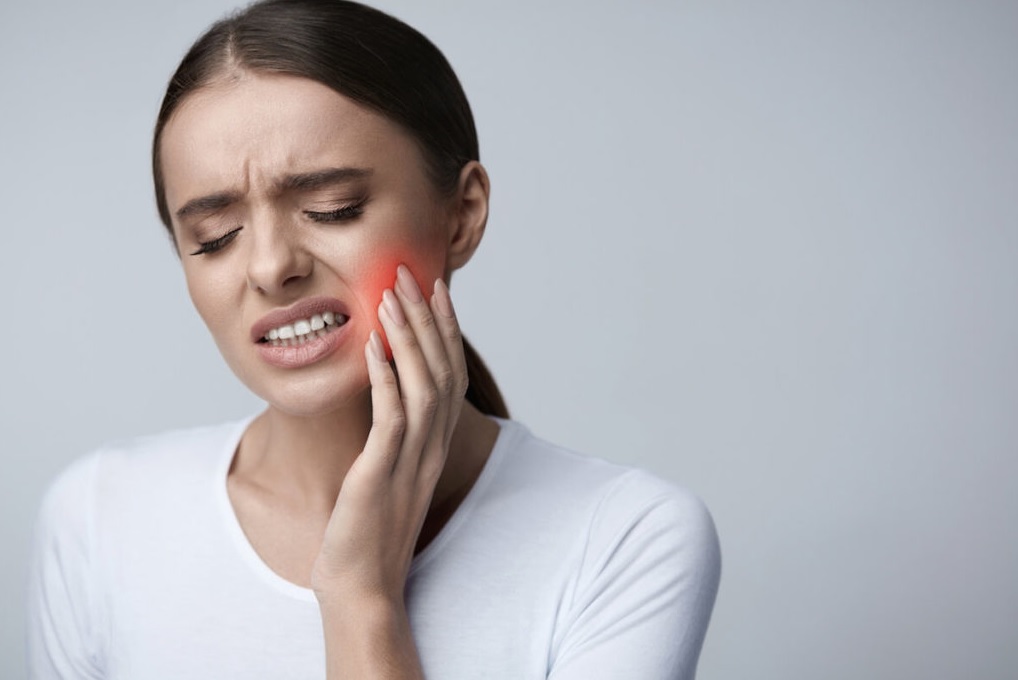Emergency Dentist Canberra
Dental Emergencies Canberra - How to Recognise & Respond
No matter how careful we are, accidents do happen in the most unexpected times. It is beyond our control and can happen anytime, anywhere.
You may miss a rock on the pavement while jogging or biking and experience a sudden fall. You may be accidentally punched in the face or hit with a hard or sharp object.
More simply, you may unintentionally bite down on something hard. All these instances may lead to a physical injury.
More specifically, these accidents may lead to a dental emergency that involves injury to the teeth or soft tissues within the oral cavity. The more important thing in these scenarios is knowing how to recognise and respond to them when it is not possible to consult your emergency dentist Canberra immediately.
To know what exactly dental emergencies are and how to properly respond to them, we have compiled a list of the most common scenarios.
When you accidentally bite down on something hard or are fond of eating tough and hard foods like nuts, bones, hard candy, and ice, there is a large possibility of having your tooth cracked or chipped. Determining whether your tooth has cracks can be tricky.
In mild cases, you may not notice cracks at all, and they can go left untreated if you refrain from overloading your teeth. In more severe cases, the cracks go deeper inside the tooth and may cause tooth sensitivity and severe pain.
When this happens, applying ice packs and taking over-the-counter painkillers can temporarily resolve the pain. This is also an indicator that you must consult your emergency dentist immediately.
This commonly happens to children and athletes who suffer from a fall or direct blow to the jaws. When the impact is too high, it causes the tooth to get displaced out of its socket or completely knocked out.
You may experience severe pain and bleed from this kind of injury, but you must first remain calm. It is important to handle the avulsed tooth with care and make sure that it is clean and free from any debris by rinsing it with milk or water. At all costs, do not touch the tooth by its roots or the part that was covered by bone.
You must prevent the tooth from drying out, so you must store in a cup of cold milk. If this is not possible, you may bathe it in your saliva by temporarily placing it between your teeth and gums. It is vital to see your emergency dentist Canberra within the next 30 minutes to consider replacing the tooth to its socket.
Injuries to the soft tissues of the mouth are common in sports activities, falls, or even when drinking hot liquids. It may be in the form of a cut, red patch, or swelling and may present with bleeding.
Be sure to clean the area and you may apply a cold compress to alleviate the symptoms. If the bleeding persists for more than 15 minutes, it is best to go to the nearest hospital or Canberra emergency. If a tooth is involved, it should be addressed after resolving the soft tissue problem.
In mild cases where toothaches last for less than 30 seconds, they can be managed by observing when the pain occurs. The usual stimuli to take note of are certain activities like lying down, eating, or drinking cold, hot, or sweet foods.
In cases of severe and lingering pain, over-the-counter painkillers may relieve the pain temporarily and it is best to consult your emergency dentist as soon as possible.
You may first recognise an abscess as a pimple-like bump on your gums called a fistula. When a fistula has a small hole, the pus inside can drain out and you may notice a sudden bad salty, metallic, or sour taste and foul odour in your mouth.
You may also experience pain and high fever. All these are signs of active infection and will need the professional help of your dentist.
If you need immediate attention, our emergency dentist Canberra will prioritise your safety and handle dental emergencies with the utmost care and urgency. To book an appointment with us, you may reach our practice directly at 02 6247 0224 or visit Dentist Canberra.

